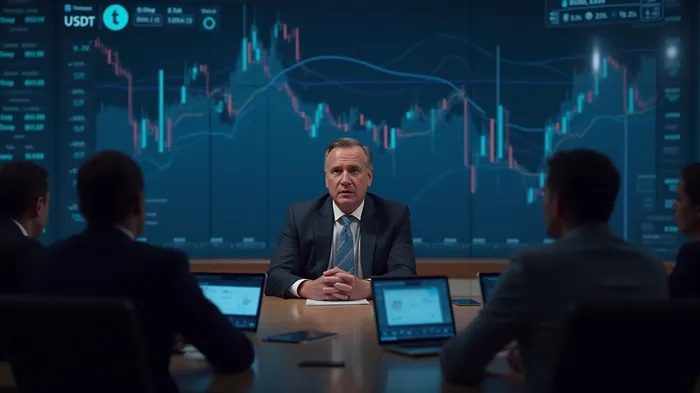Tether CEO Defends USDT's Non-Compliance With EU's MiCA Framework
Paolo Ardoino, the CEO of Tether, has defended the company's decision not to register its stablecoin, USDT, under the European Union's Markets in Crypto-Assets (MiCA) framework. Ardoino emphasized that the regulations posed significant risks for stablecoins and the broader banking system in Europe. He argued that the requirements, such as keeping 60% of stablecoin reserves in insured cash deposits in European banks, could lead to the collapse of smaller and medium-sized banks in the region.
Ardoino made these remarks during an interview at the Token2049 conference in Dubai. He reiterated that Tether had no plans to apply for MiCA compliance for USDT, which is the largest stablecoin by market capitalization. This decision could potentially force exchanges to delist the stablecoin in European countries. Ardoino also expressed concern about the "fear of compliance" among companies in the EU, suggesting that the regulatory environment was overly burdensome.
Tether's decision not to seek MiCA registration is driven by the company's commitment to protecting its over 400 million users worldwide. Ardoino stated that these users do not enjoy the same protections as those in Europe and that Tether's primary goal is to ensure the stability and accessibility of USDT for its global user base. He also criticized the European Central Bank's push for a digital euro, suggesting that it was a means to control people and their spending habits.
Since the implementation of MiCA requirements in December 2024, many crypto exchanges have taken steps to ensure their platforms list only MiCA-compliant tokens. For instance, Kraken delisted five stablecoins, including USDT, and Crypto.com announced plans to delist ten stablecoins as of January. Tether, which is regulated and headquartered in El Salvador, is required to comply with MiCA regulatory requirements if offering products or services in EU member states.
Ardoino also commented on Tether's intentions for operating in the United States, stating that the country would require a different type of product due to competition with local stablecoin issuers. He also noted that efforts by the US and other countries to establish Bitcoin reserves were inevitable. Ardoino believes that increased Bitcoin education will lead more companies to adopt the cryptocurrency, ultimately influencing others to follow suit.
Tether's decision to skip MiCA registration for USDT reflects the company's global strategy and its commitment to serving a diverse user base. While the move has sparked debate, it underscores the complex interplay between regulatory compliance and user protection in the cryptocurrency industry. As the regulatory environment continues to evolve, Tether's decision will likely have far-reaching implications for the future of stablecoins and the broader crypto market. 
Quickly understand the history and background of various well-known coins
Latest Articles
Stay ahead of the market.
Get curated U.S. market news, insights and key dates delivered to your inbox.



Comments
No comments yet